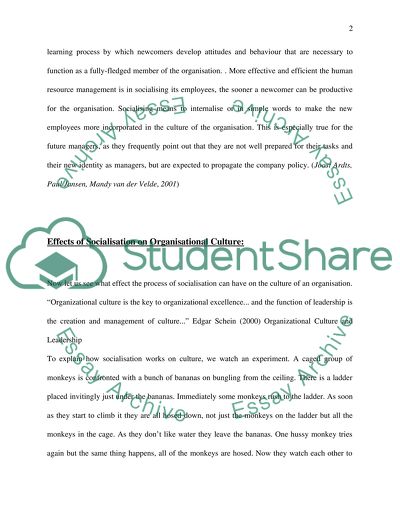Cite this document
(“Effects Of Socialisation Processes On Workplace Culture And Human Essay”, n.d.)
Effects Of Socialisation Processes On Workplace Culture And Human Essay. Retrieved from https://studentshare.org/miscellaneous/1533909-effects-of-socialisation-processes-on-workplace-culture-and-human-resource-management
Effects Of Socialisation Processes On Workplace Culture And Human Essay. Retrieved from https://studentshare.org/miscellaneous/1533909-effects-of-socialisation-processes-on-workplace-culture-and-human-resource-management
(Effects Of Socialisation Processes On Workplace Culture And Human Essay)
Effects Of Socialisation Processes On Workplace Culture And Human Essay. https://studentshare.org/miscellaneous/1533909-effects-of-socialisation-processes-on-workplace-culture-and-human-resource-management.
Effects Of Socialisation Processes On Workplace Culture And Human Essay. https://studentshare.org/miscellaneous/1533909-effects-of-socialisation-processes-on-workplace-culture-and-human-resource-management.
“Effects Of Socialisation Processes On Workplace Culture And Human Essay”, n.d. https://studentshare.org/miscellaneous/1533909-effects-of-socialisation-processes-on-workplace-culture-and-human-resource-management.


